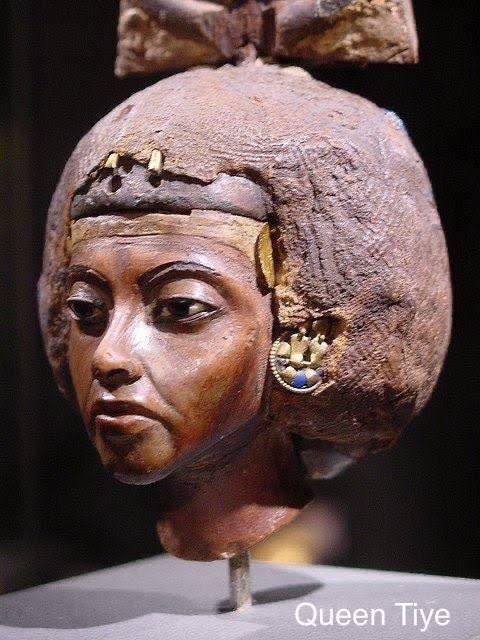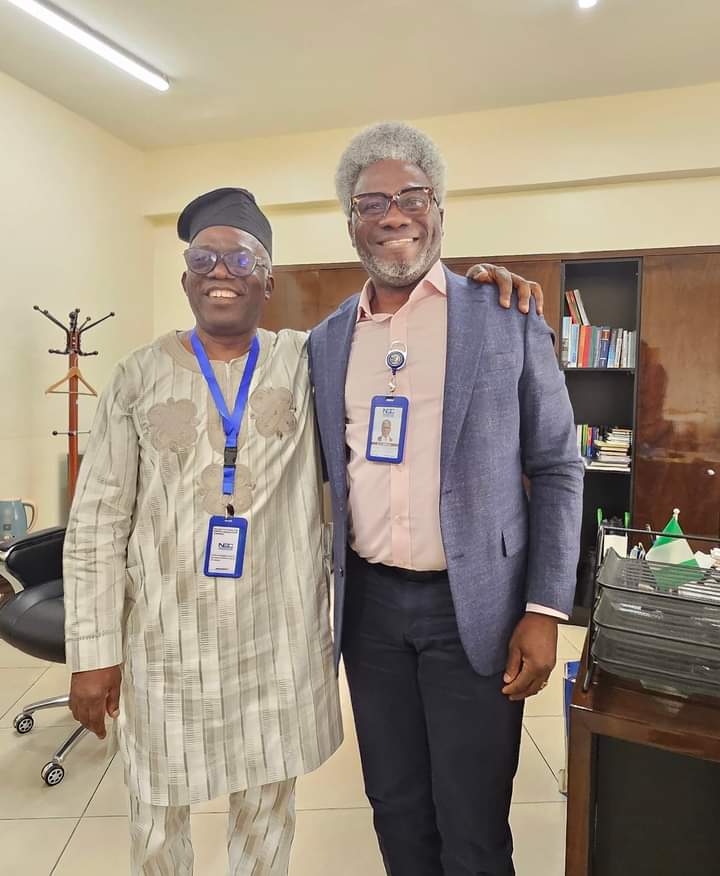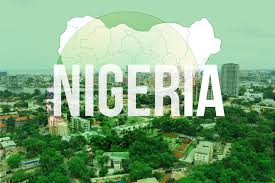
By Ologeh Joseph
Yoruba and Egypt Origin: There is a school of thought that the Yoruba, Itsekiri migrated from Egypt thousands of years ago.
There is another school of thought that claims that they were actually was the first creation from whence the whole world emanated
Read this: “The Egyptian religion and other cultural practices show strong African and more so Yorubic characteristics. These can be seen in the following areas:
- The lost wax method of brass or bronze making, which was common to both the Yoruba and Itsekiri peoples (particular Ife) and the ancient Egyptians.
- The ritual of initiation
- Striving to achieve the ultimate in Good and truth (summun bonum)
- The doctrine of transmigration of soul and reincarnation is widely believed in, by both peoples.
- The concept of the god king.
- Aspiration to achieve the great good of the gods wealth health and long life.
- The Yorubic regalia, in most cases, are strikingly similar to pharoanic ones.
- Veneration of the Ram in both places. Among the eastern Yorubas (Itsekiri especially, most of the water deities are depicted as ram following the predynastic and pharoanic patterns).
- Both peoples answer the theophorous names.
LINGUISTIC SIMILARITIES
Since Ferdinand de Saussure, the surest way to prove a cultural contact between peoples is to adduce linguistic evidence (Ferdinand de Saussure (1972) General HISTORY OF Africa).
One of the largest inhabitants of Egypt were Yoruboid , and it will be expected that a good percentage of their language will be yoruboid ,too. See the table below.
EGYPT/YORUBA
- Wu (rise) Wu (rise)
- Ausa (Osiris, father of the gods) Ausa (father)
- Ere (python/ Serpent) Ere (Python / Serpent)
- Horise (a great god) Orise (a great god)
- Sen (group of worshippers) Sen ( to worship)
- Ged (to chant) Igede (a chant)
- Ta (sell / offer) Ta (sell/offer)
- Sueg (a fool) Suegbe (a fool)
- On ( living person) One ( living person)
- Kum (a club) Kumo( a club)
- Enru (fear / terrible) Eru (fear / terrible
- Kun / qun (brave man) Ekun (title of a brave man)
- Win (to be) Wino (to be)
- Odonit (festival) Odon (festival)
- Ma or mi (to breath) Mi. (to breathe)
- Tebu (a town) Tebu (a town)
- Adumu (a water god) Adumu (a water god)
- Khu (to kill) Ku (die)
- Rekha (knowledge} Larikha (knowledge)
20 Hika (evil) Ika (evil)
21 Mhebi (humble) Mebi, humble to ones family
22 Sata (perfect) Santan (perfect)
23 Unas (lake of fire) Una (fire)
24 Tan (complete) Tan (complete)
25 Beru (force of emotion) Beru (fear)
26 Em (smell) Emi (smell)
27 Pa (open) Pa (break open)
28 Bi (to become) Bi (to give birth, to become)
29 Hepi (a water god) Ipi (a water god)
30 Sami (water god) Sami (a water god)
31 Osiri (a water god) Oshiri (a water god)
32 Heqet Re (frog deity) Ekere (the frog)
33 Feh (to go away) Feh (to blow away)
34 Kot (build) Ko (build)
35 Kot (boat) Oko (boat)
36 Omi (water) Omi (water)
37 Ra (time) Ira (time)
38 Oni (title of Osiris) Oni (title of the king of Ife)
39 Budo (dwelling place) Budo (dwelling place)
40 Dudu (black image of Osiris) Dudu (black person)
41 Un (living person) Una (living person)
42 Ra (possess) Ra (possess/buy)
43 Beka (pray/confess) Be or ka (to pray or confess)
44 Po (many) Po (many/cheap)
45 Horuw (head) middle Egyptian Oruwo (head) (Ijebu)
46 Min (a god) Emin (spirit)
47 Ash (invocation) Ashe (invocation)
48 Aru (mouth) Arun (mouth ) Ilaje
49 Do (river) Odo (river)
50 Do (settlement) Udo (settlement)
51 Shekiri (water god) Shekiri (a water god)
52 Bu (a place) Bu ,a place
53 Khepara (beetle Akpakara (beetle)
54 No (a water god Eno (a water god)
55 Ra -Shu (light after darkness Uran-shu (the light of the moon
56 Run-ka (spirit name) Oruko (name)
57 Deb/dib to pierce Dibi (to pierce)
58 Maat (goddess of justice Mate (goddess of justice)
59 Aru (rise) Ru (rise up)
60 Fa (carry) Fa (pull)
61 Kaf (pluck) Ka (pluck)
62 Bu bi (evil place) Bubi (evil place)
63 In- n (negation In-n (negation)
64 Iset (a water god) Ise (a water god)
65 Shabu (watcher) Ashonbo (watcher)
66 Semati (door keeper) Sema (lock/shut the door)
67 Khenti amenti (big words of Osiris Yenti yenti (big, very big)
68 Ma (to know) Ma (to know)
69 Bebi, a son of osiris) Ube, a god
70 Tchatcha chief (they examined the death to see if they tricked tsatsa (a game of tricks, gambling )
71 Ren( animal foot) Ren (to walk)
72 Ka (rest) Ka (rest/tired)
73 Mu (water) Mu (drink water)
74 Abi (against) Ubi (against / impediment)
75 Reti (to beseech) Retin (to listen)
76 Hir (praise) Yiri (praise)
77 Ta(spread out) Ta (spread out)
78 Kurud (round) Kurudu (round)
79 Ak male Ako (male)
80 Se to create Se (to create)
81 Hoo (rejoice) Yo (rejoice)
82 Kamwr (black) Kuru (extremely black
83 Omitjener (deep water) Omijen (deep water)
84 Nen, the primeval water mother) Nene (mother
85 Ta (land) Ita (land junction)
86 Horiwo (head) Oriwo (head)
87 Ro (talk) Ro (to think)
88 Kurubu (round) Kurubu (deep and round)
89 Penka (divide) Kpen (divide)
90 Ma-su (to mould) Ma or su (to mould)
91 Osa (time) Osa (time)
92 Osa (tide) Osa ( tide)
93 Fare (wrap) Fari (wrap)
94 Kom (complete) Kon (complete)
95 Edjo (cobra) Edjo (cobra)
96 Didi (red fruit) Diden (red)
97 Ba (soul) Oba (king) soul of a people
98 Ke (hill) Oke( hill
99 Anubis (evil deity) Onubi (evil person)
100 Kan (one: Middle Egyptian) Okan one)
101 Nam (water god) Inama (water god)
The words above are used to show that MANY Yorubawords are identical to the ancient Egyptian.



